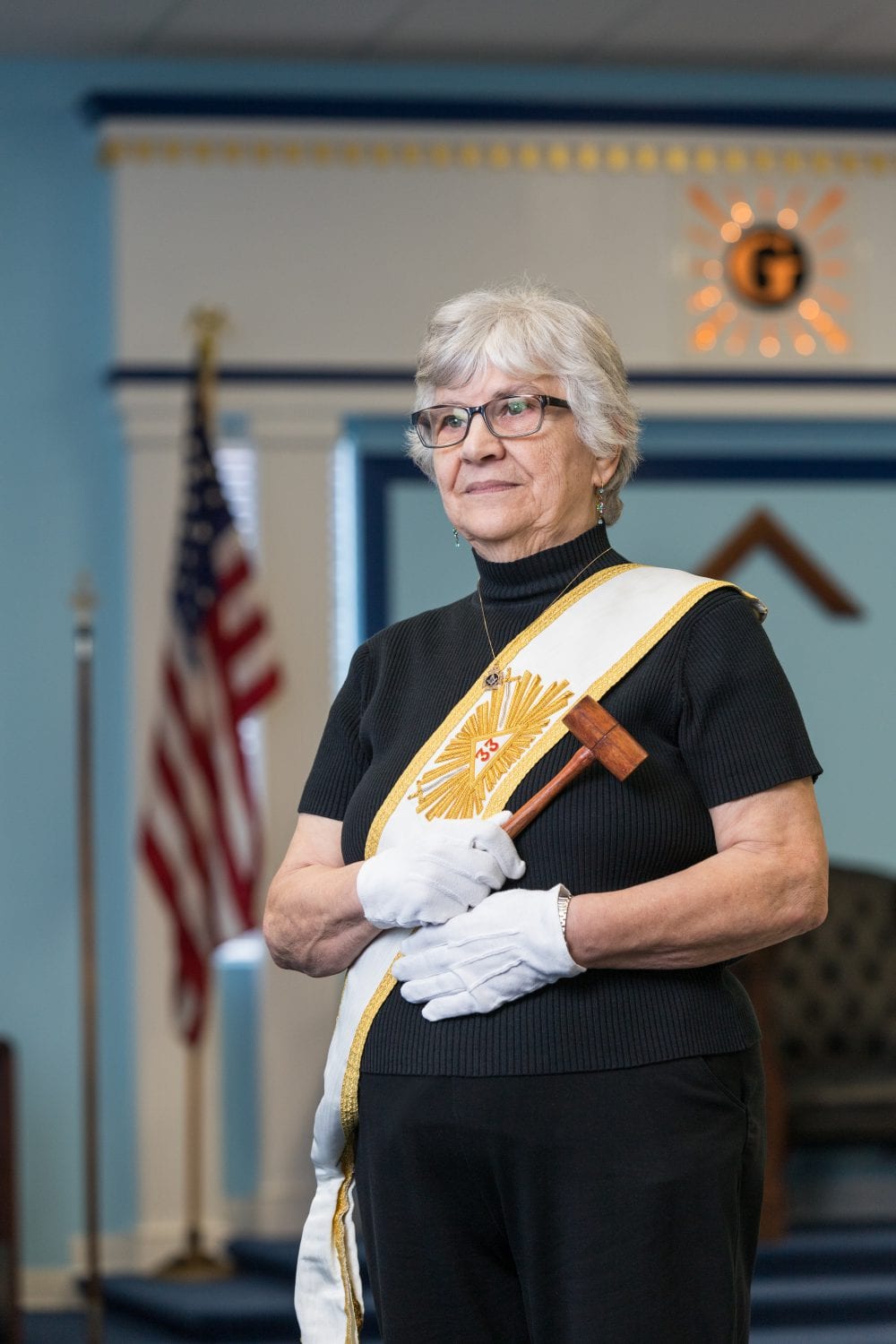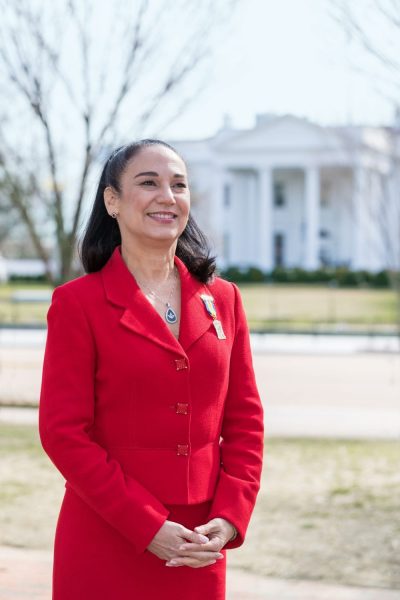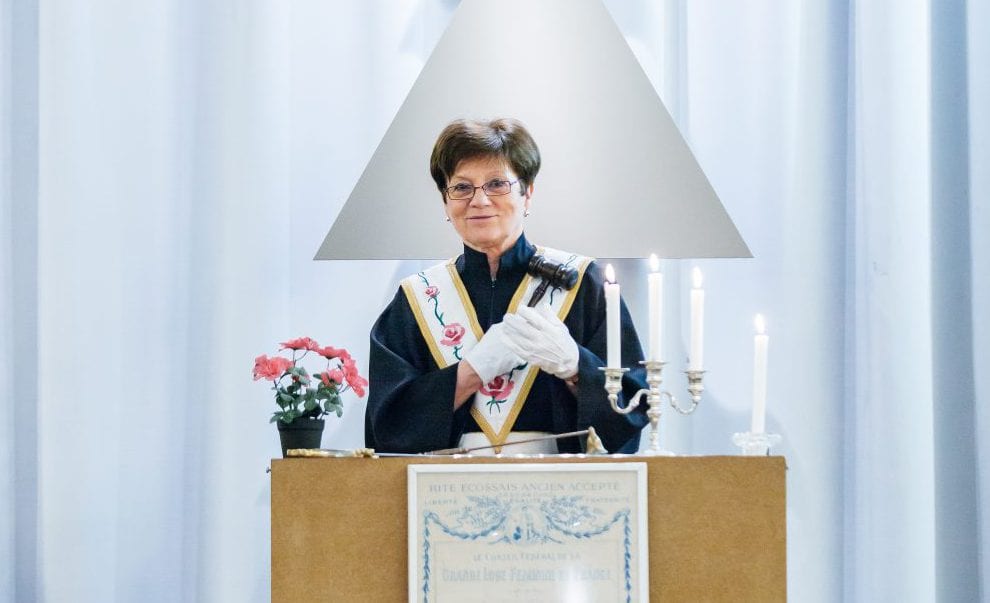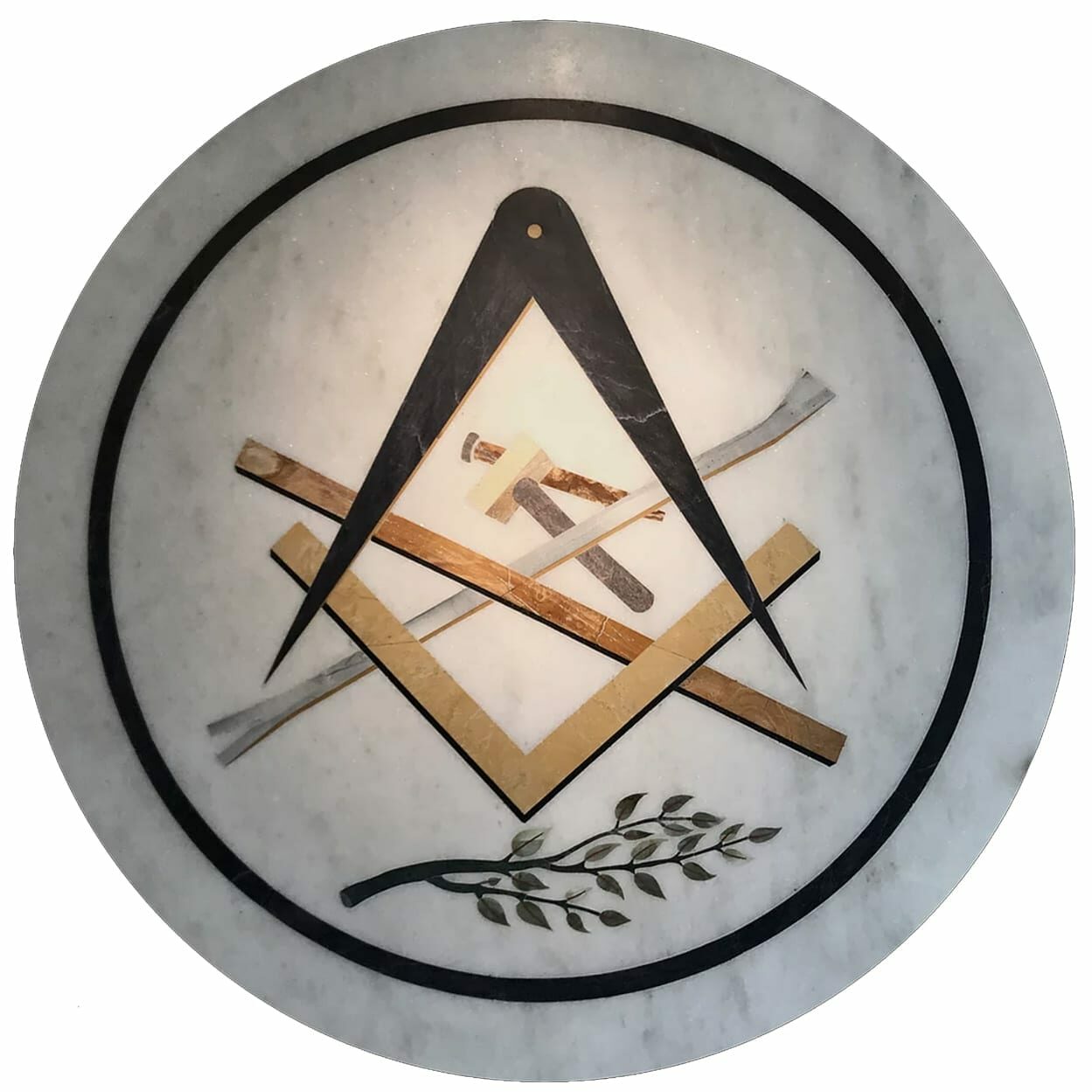
Women of Freemasonry – Anne-Marie Moody
Women have been practicing Freemasonry for centuries.
Meet four women who are leading and building feminine
and mixed lodges today.

Lourdes learned about Masonry through her husband. “Early in our marriage my husband became a Freemason, and I noticed an amazing transformation in his character, behavior, and demeanor. He was more relaxed, open to new ideas, and more accepting of discussions. My husband is of Lebanese origin, and he grew up in Beirut with the tension of a civil war. When I noticed this transformation, and a new glow in him, I started looking around to see how I could get involved.
While her husband inspired her, she feels very close to the international community of women with whom she shares lodge. “The lodge is like a little incubator, where we all nourish each other with light, love, and energy. I would never have been so close with all these international women had it not been for Freemasonry bringing us together.”
“I really love the divine, mystical side of it, the esoteric union among this brotherhood of man, and being of service to others, and the kindness, the charity, the focus on loving one another. I found it to be our duty, and foundational to who I was. I felt like I was at home when I started.”
How did you learn about Masonry?
Early in our marriage, my husband became a Freemason, and I noticed an amazing transformation in his character, behavior, and demeanor. He looked more relaxed and more open to ideas, and more accepting of discussions. My husband is of Lebanese origin, and grew up in Beirut with a lot of tension, and a civil war in his background. When I noticed this transformation, and just this glow in him, I said, “Well, wow. I’ve got to try some of that.”
That’s when I started looking around to see how I could get involved. There wasn’t a lot out there at the time. This was over 20 years ago. I started delving into it, and trying to see how I could become a Mason. I asked my parents if there were any Masons in our family. I didn’t know my grandfather, on my father’s side, was a 32nd degree Mason in Cuba. And my mother’s dad, was also a Freemason in Havana. I had no idea. So, everything just started opening up.
What’s been most valuable to you about your membership?
I really love the divine, the mystical side of it, the esoteric union among this brotherhood of man, and being of service to others, and the kindness, the charity, the focus on loving one another. I found it to be our duty, and foundational to who I was. I felt like I was at home when I started.
The lodge is like a little incubator, where we all nourish each other with light, love, energy. Then when we go out to the world, we feel stronger. Freemasons are free thinkers, who build, who are building themselves, making themselves better, so they can make a better community, a better family and in essence, a better world.
How would you describe the culture of your lodge?
Our lodge is very loving, very diverse. We now have women of all ages, coming from all different nationalities, because D.C. is an international community. In our group we have women from Asia, from Africa, from the Middle East, from Latin America, from Europe. And it just adds to the richness. I would never have been so close in this brotherhood, with all these international women, had it not been for Freemasonry bringing us together.
PHOTO CREDIT: Tamzin B. Smith

Women have been practicing Freemasonry for centuries.
Meet four women who are leading and building feminine
and mixed lodges today.

Women have been practicing Freemasonry for centuries.
Meet four women who are leading and building feminine
and mixed lodges today.

Women have been practicing Freemasonry for centuries.
Meet four women who are leading and building feminine
and mixed lodges today.